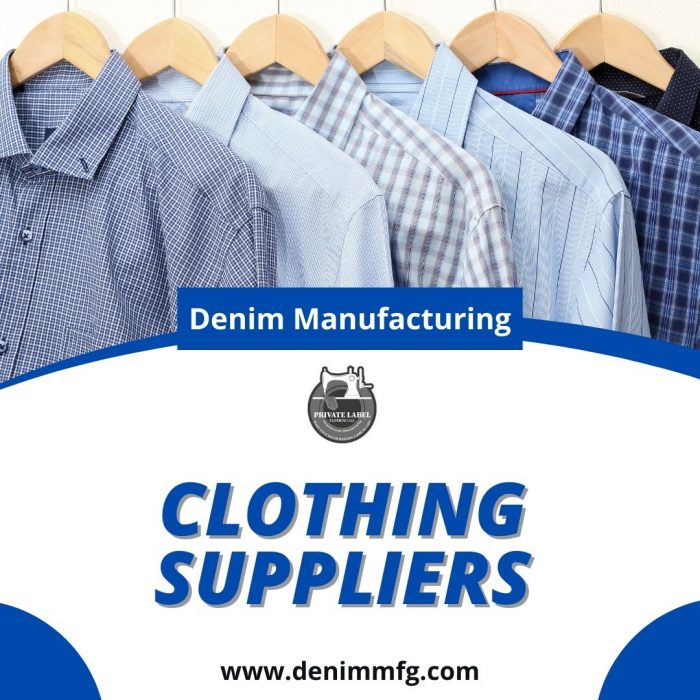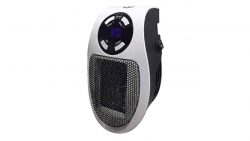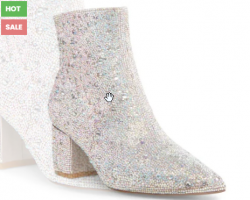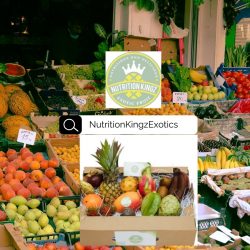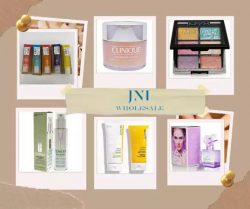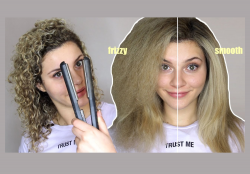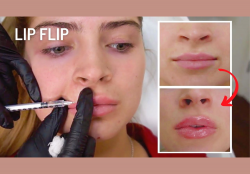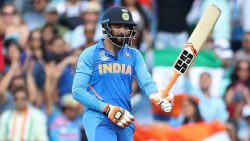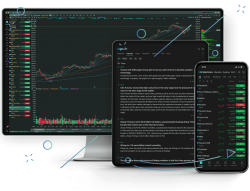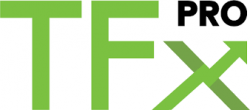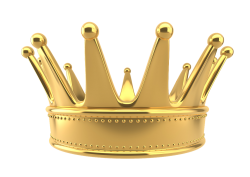Differences between clothing wholesale, retail, and private label
Before engaging in the clothing business, it’s essential to understand the differences between the most common business models: wholesale, retail, and private label. This article provides a detailed description of the three, helping readers orient themselves in the intricate landscape of business planning.
What is wholesale clothing?
Wholesale clothing is a business that sells products in bulk quantities. They can also produce the clothing they sell but that’s not mandatory. A wholesale clothing company could buy and then sell products in bulk, profiting from the difference between the purchase and the selling price.
Wholesale clothing companies usually offer a lower price than retails, and the reason why they can afford lower pricing is that they sell bulk quantities.
Wholesalers don’t sell to customers directly. Their clients are usually retailers that need to purchase merch in bulk so they can sell it at a higher price in their stores or e-commerce websites.
What is retail?
Retail is the sale of goods or services directly to a customer. A retailer can be a single person or a business. The biggest difference with wholesale clothing is that not only do retailers sell directly to customers, but they also sell smaller quantities of goods. Furthermore, usually, retailers don’t manufacture their goods but purchase them from a manufacturer or a wholesaler.
Is e-commerce considered retail?
As long as it sells goods in small quantities and directly to the final consumer, yes, e-commerce is a form of retail.
In a specular way, an online business that sells bulk quantities of goods to clients that will re-sell the merch is considered a wholesaler.
What is private labeling?
Private labeling clothing describes a very specific relationship between a manufacturer and a seller. In this case, a clothing seller can work directly with a manufacturer and require very specific pieces of clothing: the seller can require a specific design, material, and have control over a lot of details of the final product, including branding. The sellers can put their own private label on the goods.
In other words, with private labeling, a seller can have their branded merch produced by a manufacturer, put their private label (or brand) on it, and then sell it. They can sell directly to customers (in-store or through e-commerce) or to another wholesaler.
Differences between private labeling and wholesaling
As mentioned above, just like wholesales, private labeling sellers can also sell their goods in bulk quantities, but this doesn’t make private labeling and wholesaling the same thing. There are, in fact, some key differences between the two business models that are worth knowing.
Cost
Both wholesale and private-label clothing is sold at a price that is lower than retail. However, there are important differences: a private labeling business purchases the goods directly from the manufacturer so it can buy merch at the lowest prices. When, instead, the purchase is made through a wholesaler, the price can be higher because it includes profits for both the manufacturer and the wholesaler.
Quantity
Both wholesaling and private labeling involve transitions of bulk quantities of goods. However, when ordering private-label goods from a manufacturer, the deal usually involves massive quantities.
When purchasing from a wholesaler, instead, the buyer can make an order of as little as, say, 30 items of a given shirt.
Control
When purchasing from a wholesaler, the buyer can only select the goods they prefer among those that are available. With private labeling, the buyer can design the product they want and have it produced according to their requirements. In the clothing sector, the buyer gets to choose fabrics, colors, styles, cuts, and more.
Exclusive branded items
This is probably the biggest difference between private labeling and wholesaling because, while the first gives the buyer the possibility to get exclusive, unique, self-branded products, the second simply doesn’t.
When purchasing from a wholesaler, the buyer gets to choose along options that are available for any other buyer. As a result, the pieces sold in their store, for example, won’t be exclusive but may be available in other stores as well.
With private labeling, instead, the buyer gets unique and branded items and they have full control over where they can be sold and by whom.
Quality control
A buyer can have control over the quality of the clothing pieces they purchase with both wholesalers and private labeling clothing providers, but the control is exercised in a different way.
With wholesale clothing, the buyer can choose the items they want so they can select a higher or lower quality level for their goods.
With private labeling, quality control is more tricky: the buyer should specify their requirements with the manufacturers and work with one that can follow the given instructions. This could become time and energy consuming
How to choose among retail, wholesaling, or private labelingSelling directly to customers
The first distinction an entrepreneur should make is whether or not they want to sell to final customers. If what they have in mind is a store, whether physical or digital, where clients can browse through items and bring home what they want, then the accurate business model is retailing.
Creating a clothing brand
If the entrepreneurs’ aim is to launch their own new clothing brand, then private labeling can be a great opportunity. Private labeling allows businesses to create and market their brand with a smaller budget compared to having to manufacture the goods in the first person.
Is private labeling suitable for retailers who want to sell their branded clothing in their small store? It could be, but, because private label deals usually require massive orders, it is not always suitable. An entrepreneur should make a precise business plan estimating sales and the numbers of clients to understand whether private labeling is a suitable choice.
Wholesaling
If the goal is wholesaling, a choice can be made between the wholesale clothing and private labeling business models. The factor that should make the difference between the two is, very simply, whether a not the entrepreneur wants to create their own exclusive brand.
Conclusion
Although there might be some confusion, retail, wholesale, and private label clothing are three distinctive business models. In some cases, two of the business models can coexist, but any entrepreneur should be aware of what they are and what they imply to set up their business in the best way.
Visit us @ https://www.denimmfg.com/
